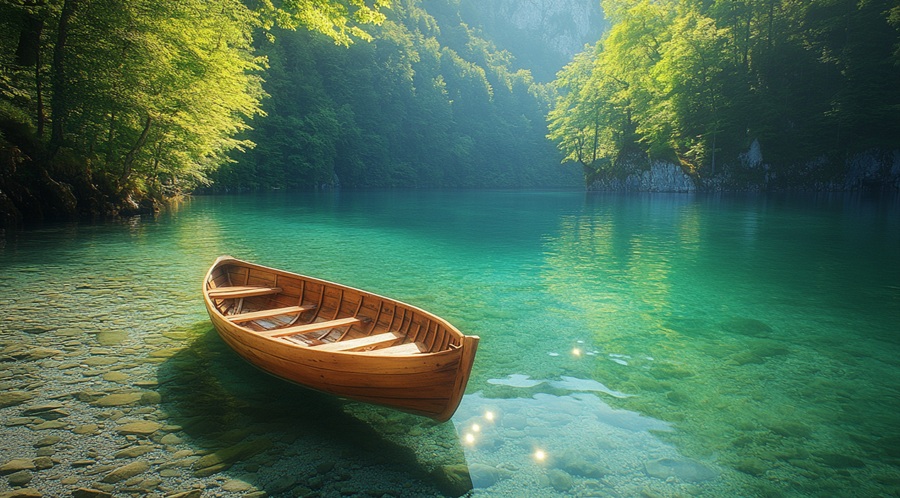
lake
Japanese Name
みずうみ
mizuumi
Description
- A lake is a large body of freshwater surrounded by land. Lakes can be natural or man-made and provide habitats for many plants and animals. People often use lakes for recreation, fishing, and drinking water.
History
- Lakes have existed for millions of years, formed through various natural processes such as:
- Glacial activity: Many lakes were created by glaciers carving out basins during ice ages.
- Tectonic movements: Shifts in the Earth’s crust can form lakes by creating depressions or blocking rivers.
- Volcanic activity: Some lakes fill volcanic craters, known as crater lakes.
- River oxbows: Meandering rivers can create lakes by cutting off loops.
- Throughout history, lakes have been crucial for human civilization, providing water, food, transportation, and fertile land.
- Famous lakes like the Great Lakes in North America, Lake Baikal in Russia (the world’s deepest lake), and Lake Victoria in Africa have shaped the cultures and economies of their regions.
Learn more Japanese words?
Play our free typing game and master Hiragana & Vocabulary in a Zen atmosphere. 🍵
🎮 Play Game